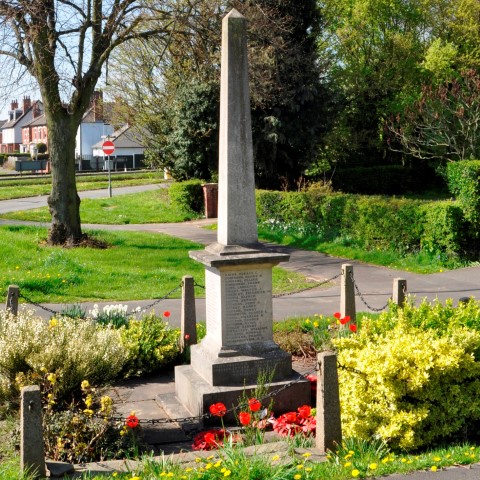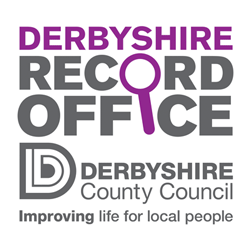‘If I should die, think only this of me
That there’s some corner of a foreign field
That is forever England.’
(from ‘The Soldier’ by Rupert Brooke, 1914)
These lines from Rupert Brooke’s most famous poem present a very different perception of the First World War from the one that is commonly held today. To 21st century eyes it is impossible to blink at the industrial scale of the carnage of World War One; the incompetence of the generals and the appalling conditions in which those at the Front were forced to suffer. All this is very far removed from the sentimental- even glutinous – patriotism of Brooke’s poem which lauds the nobility of death and the glory of sacrifice. ‘Unexamined Lives’ has not flinched from confronting the grim reality of a war anomalously referred to as ‘Great’, and in so doing we have used contemporary records, diaries and newspapers from that era – yet the Brooke sentiments also have their place in the years between 1914-1918. At the outset, with Kitchener’s words of ‘Your Country Needs You’ ringing in their ears, young men raced to enlist, lied about their age and marched to war basking in the admiration of their loved ones. This was a not- to -be- missed chance to serve their country and the war would be over in a short time anyway. Better to live the rest of their lives as heroes, rather than skulking in corners as white- feathered cowards who had shamed their families by refusing the national call.
read more





